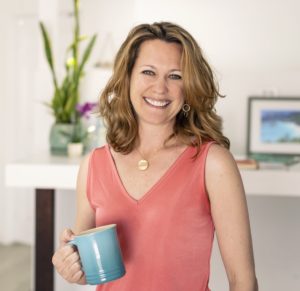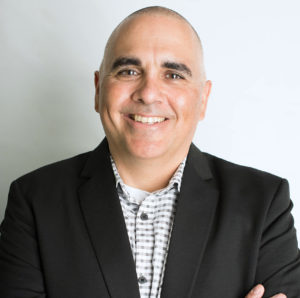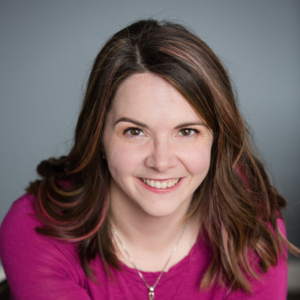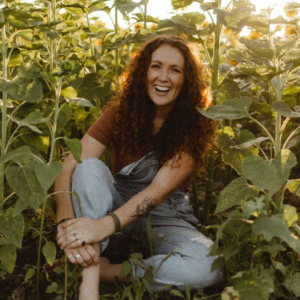I'm so excited to introduce you to this week's guest on Pep Talks for Side Hustlers, Abbey Ashley of the Virtual Savvy!
Abbey Ashley is the Founder of The Virtual Savvy. She helps aspiring virtual assistants launch and grow their own at-home businesses from scratch. Abbey started her own virtual assistant business in 2015 and was able to double the salary from her full-time corporate job, working only 20 hours a week… in just 30 days! She's since gone on to grow a multi-seven-figure business and retire her husband ALL from her at-home business. It's now her passion to help others start their own VA business so they can taste the freedom and flexibility of entrepreneurship as well.
Push play to listen to this week's episode, or read the full transcript below!
Connect with Abbey:
- Website
- FREE Step-by-Step Checklist on how Abbey started her VA business from scratch!






